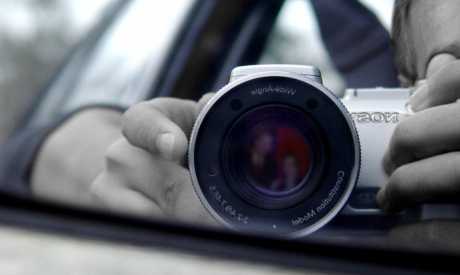Student sues after being committed by college over 'hidden camera'

Brooklyn College student Chinemerem Eze, a Nigerian national, is suing the university for having her committed to a psychiatric unit after she complained her landlord had hidden a camera in her off-campus residence.
Eze believed that she was under surveillance by a hidden camera and was being defamed on a website by a former roomate. School security officials were skeptical over the allegations and referred her to the campus psychologist. After the psychologist asked "a series of personal questions pertaining to her psychological state of mind", an ambulance was called and she was subsequently institutionalised for two weeks.

Suing for false imprisonment, emotional distress and negligence, Eze also missed her final exams and lost a scholarship in the process. Kings County Hospital, the facility she was held at, settled for a six-figure sum in a separate lawsuit.
Once she was released, she discovered a hidden camera in a vent in her room or so the claim purports, though charges were not brought against the landlord nor was the camera entered into evidence. But as Gawker point out, it is irrelevant as to whether or not she was being spied upon, but the fact that the university automatically wrote her off as being mentally unstable.
Even though these events transpired nearly two years ago, the technology of hidden cameras and surveillance devices has not changed much. These devices are still small and very covert, and often they can be unsecured wireless networked cameras.
Universities are packed with professors, lecturers and academics who are at the cutting edge of technological, sociological and scientific breakthroughs. Had this been investigated thoroughly before jumping to preconceived ideas about the character of this student, perhaps this traumatic event could be have been avoided.